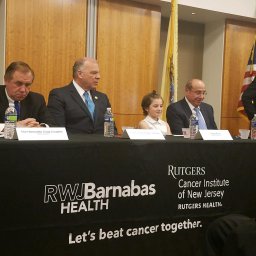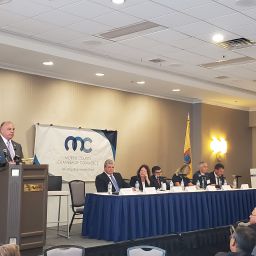TRENTON – In an effort to better inform patients seeking and receiving medical care, the Senate Budget and Appropriations Committee advanced the Health Care Transparency Act. The bill, sponsored by Senate President Steve Sweeney, would create new identification requirements for health care professionals as well as new regulations for print, radio and television advertisements.
“The health care system is burdensome, confusing and often purposefully opaque, and that’s true for some of the most basic terms most of us take for granted,” said Senator Sweeney (D-Gloucester/Salem/Cumberland). “A ‘doctor’ can actually mean a wide range of training, expertise or responsibilities and the average person seeking help or advice deserves to know exactly what they can expect from the professional they see.”
Under the bill, S-2465, any advertisement of health care professionals would require the disclosure of the type of professional license and professional degree issued to the health care professional.
The bill would also require health care professionals, when providing in-person care, to wear a name tag or embroidered identification during all patient encounters that includes, at a minimum, the following information: the name of the health professional, the professional license and professional degree issued to the health care professional, as well as a recent photograph of the health care professional if providing direct patient care at a hospital, unless otherwise directed by hospital administrators.
It would also outlaw medical doctors or doctors of osteopathic medicine from advertising or holding oneself out to the public in any manner as being certified by a public or private board, or as “board certified”, unless certain requirements are met.
“Just as people deserve to know the food they buy or the cars they drive are safe and regulated by the state, they deserve to know the medical treatments they are receiving are being performed by a qualified professional,” said Senator Sweeney.
A health care professional is defined broadly in the bill and would include any person licensed, certified, registered or otherwise authorized pursuant to Title 45 or Title 52 of the Revised Statutes, or by any department or entity within a department of the Executive Branch or any other entity created in the future to license or regulate a health care profession.











